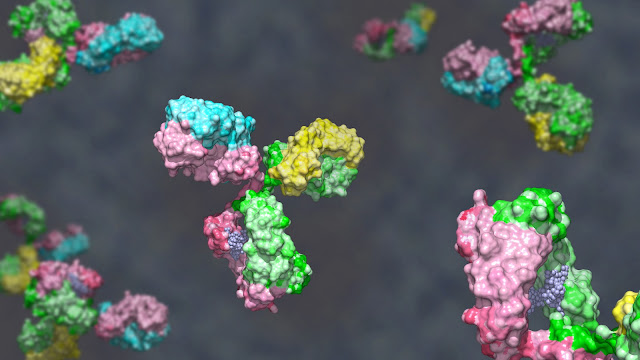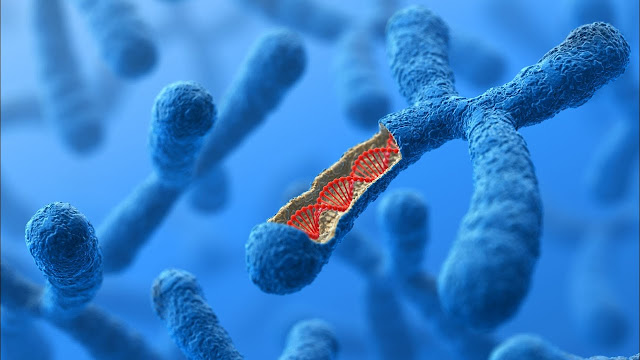
Sickle Cell Anemia Therapeutics
Sickle cell disease (SCD) is a group of inherited red blood
cell disorders that cause red blood cells to become misshapen and break down.
It is caused by a problem in the hemoglobin-beta gene found on chromosome 11.
Treatments include medication, blood transfusions, and rarely a bone-marrow
transplant. Although there is no cure for most people with sickle cell anemia,
treatments can relieve pain and help prevent complications associated with the
disease. People with SCD can live full lives and enjoy most of the activities
that other people do.
Sickle
cell anemia therapeutics include medication, blood transfusions, and
sometimes a bone-marrow transplant. Sickle-cell diseases are types of blood
disorders which are usually inherited genetically. Currently, hematopoietic
stem cell transplant is the only curative therapy available for patients with
sickle cell disease. However, hematopoietic stem cell transplant is a rigorous,
time-consuming, potentially high-risk procedure; only used when the benefits of
cure outweigh the considerable risks of the procedure, and only when a suitable
donor is available.
One of the common types of sickle cell diseases is the
sickle cell anemia. Sickle cell anemia is one of a group of inherited disorders
known as sickle cell disease. It affects the shape of red blood cells, which
carry oxygen to all parts of the body. The cause of SCD is a defective gene,
called a sickle cell gene. People with the disease are born with two sickle
cell genes, one from each parent. Mild sickle cell disease may have no impact
on a person's day-to-day life. But the illness can be serious enough to have a
significant effect on a person's life.
It can lead to health problems like strokes, serious
infections and lung problems, which can occasionally be fatal. Sickle cell
anemia therapeutics are usually aimed at avoiding episodes of pain, relieving
symptoms, and preventing complications. Although SCD is common in endemic areas
of malaria, it is one of the rare diseases in Japan. SCD is the most common
monogenic disorder globally but qualifies as a rare disease in Germany.



Comments
Post a Comment